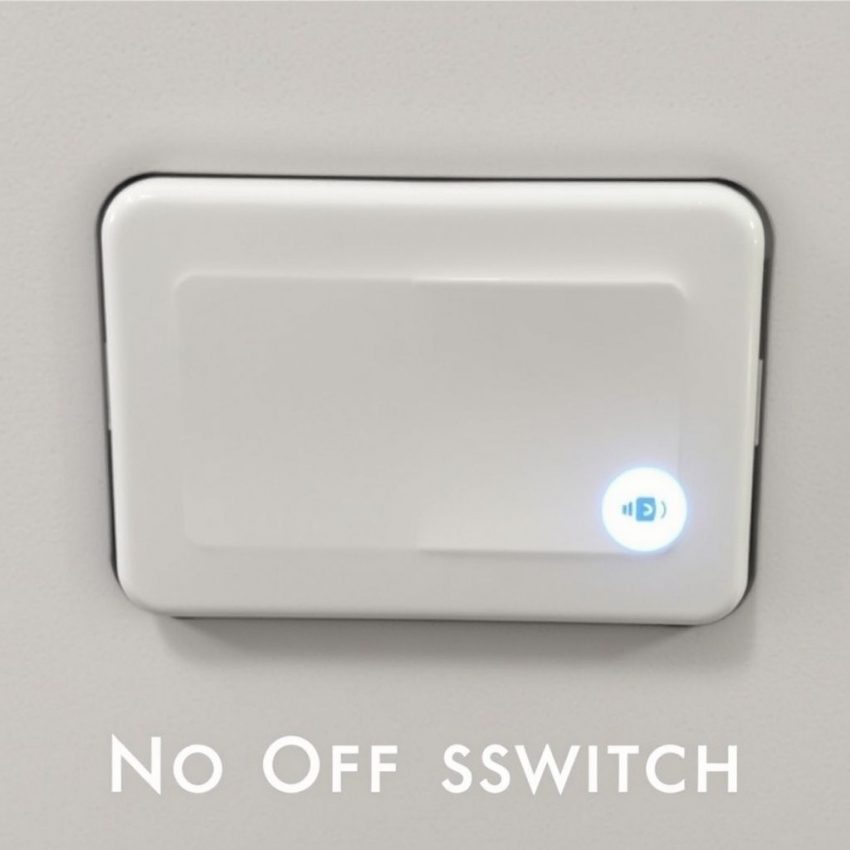Your Echo: Always Listening, Always Sending (and You Can't Stop It)
For years, privacy advocates have whispered warnings about smart speakers, those ever-listening devices perched in our kitchens and bedrooms. Now, those whispers are turning into shouts. Recent revelations confirm that everything you say to your Amazon Echo, even snippets of conversation between requests, is being sent to Amazon's servers, and there's currently no way to opt out of this pervasive data collection.
While Amazon assures us this data is anonymized and used to improve Alexa's functionality, the implications are unsettling. Imagine the fragments of your life – private conversations, medical discussions, even whispered secrets – being stored on a distant server, analyzed by algorithms, and potentially accessible to who knows who. This isn't science fiction, it's the reality of living in a smart home powered by a tech giant.
The Illusion of Control:
We've been lulled into a false sense of security with the "wake word" feature. We believe Alexa only listens after we say "Alexa," but the truth is far more nuanced. These devices are constantly listening for that trigger word, and in the process, they inevitably capture snippets of surrounding conversations. These snippets, Amazon argues, are necessary for context and improved performance. But at what cost to our privacy?
The Opt-Out Myth:
Currently, there's no mechanism to prevent this data collection. While you can delete your voice recordings through the Alexa app, this only addresses the stored audio files. It doesn't prevent the initial capture and transmission of your voice data to Amazon's servers. This lack of an opt-out option is deeply concerning and raises serious questions about user consent and control.
Why This Matters:
This isn't just about targeted advertising. The potential for misuse of this data is vast. Consider the implications for:
- Security breaches: Hackers gaining access to sensitive personal information gleaned from voice recordings.
- Legal proceedings: Voice data being subpoenaed and used as evidence in court cases.
- Insurance profiling: Companies using voice data to assess risk and potentially discriminate against individuals.
- Erosion of trust: The chilling effect on free speech and open communication within our homes.
What Can You Do?
While a true opt-out isn't currently available, here are some steps you can take to mitigate the risks:
- Be mindful of what you say around your Echo: Treat it as if someone is always listening (because they are).
- Delete your voice recordings regularly: While this doesn't prevent data collection, it limits the amount of stored data.
- Educate yourself about privacy policies: Understand what data is being collected and how it's being used.
- Demand change: Contact Amazon and voice your concerns about this practice. Pressure them to implement a true opt-out option.
The future of smart home technology hinges on our ability to balance convenience with privacy. We must demand transparency and control over our personal data. Until then, the Echo in your corner may be more of a liability than a luxury. It's time to ask ourselves: is the convenience worth the cost?
Don’t miss out on this exclusive deal, specially curated for our readers!
This page includes affiliate links. If you make a qualifying purchase through these links, I may earn a commission at no extra cost to you. For more details, please refer to the disclaimer page. disclaimer page.

